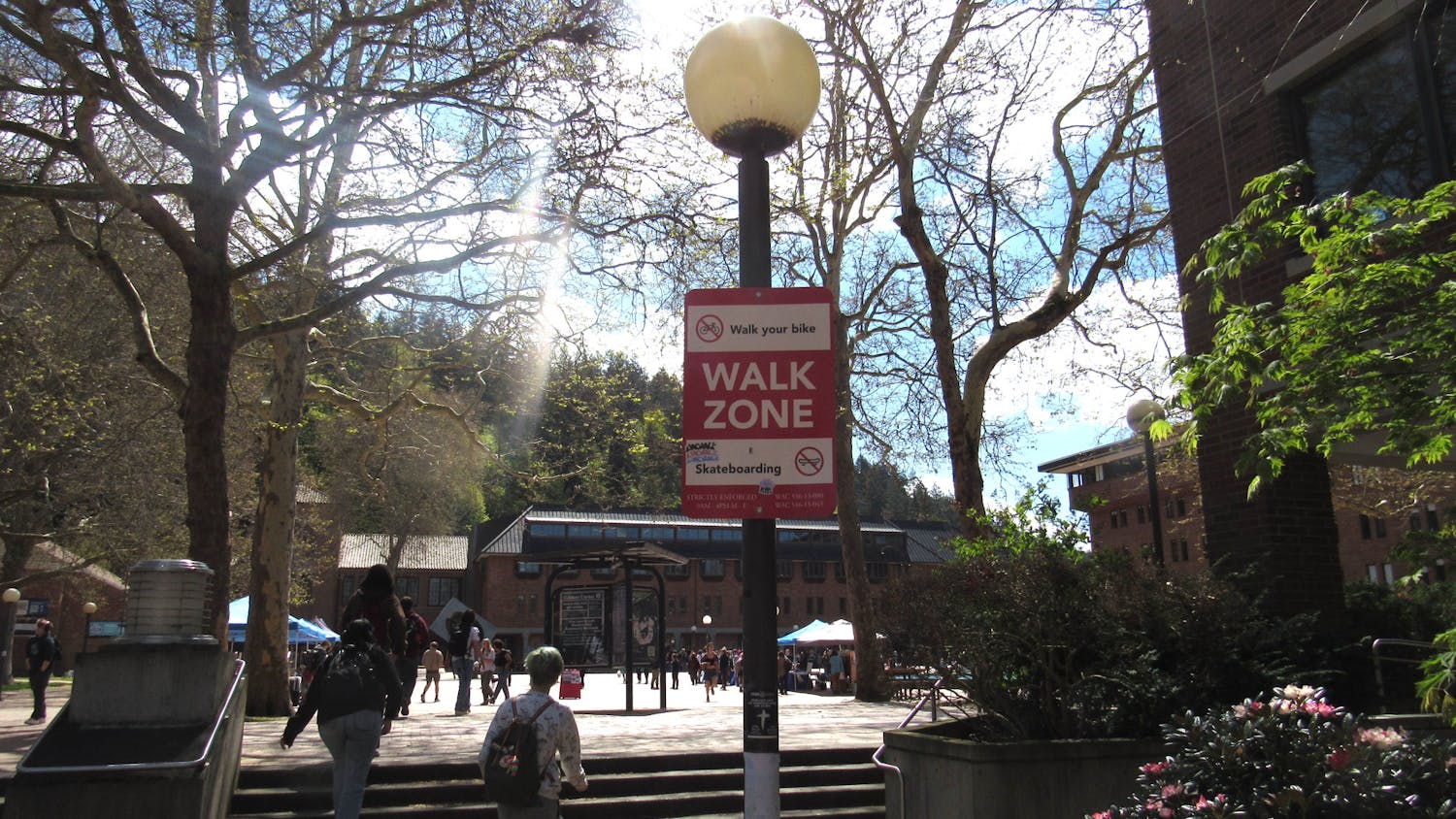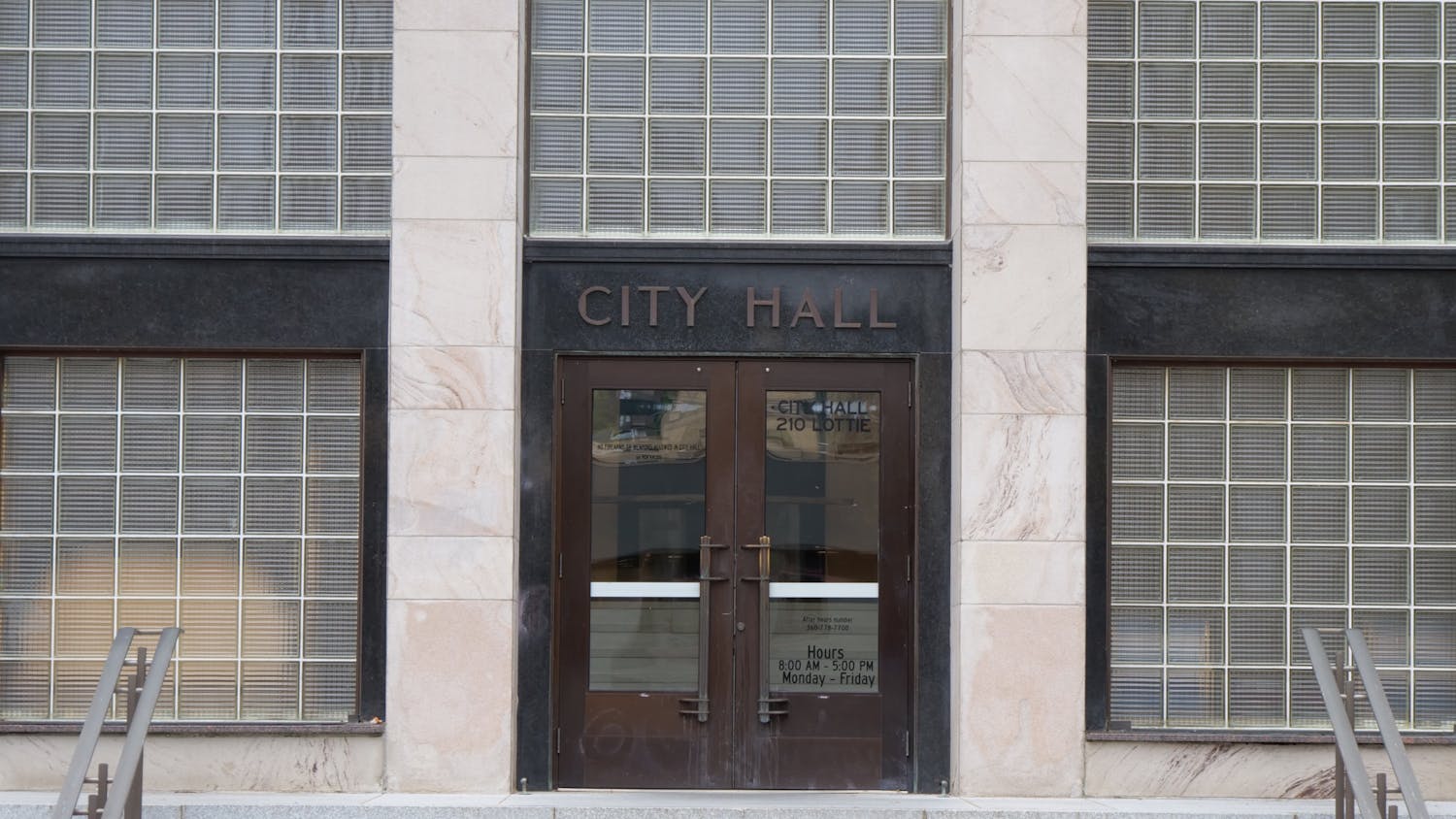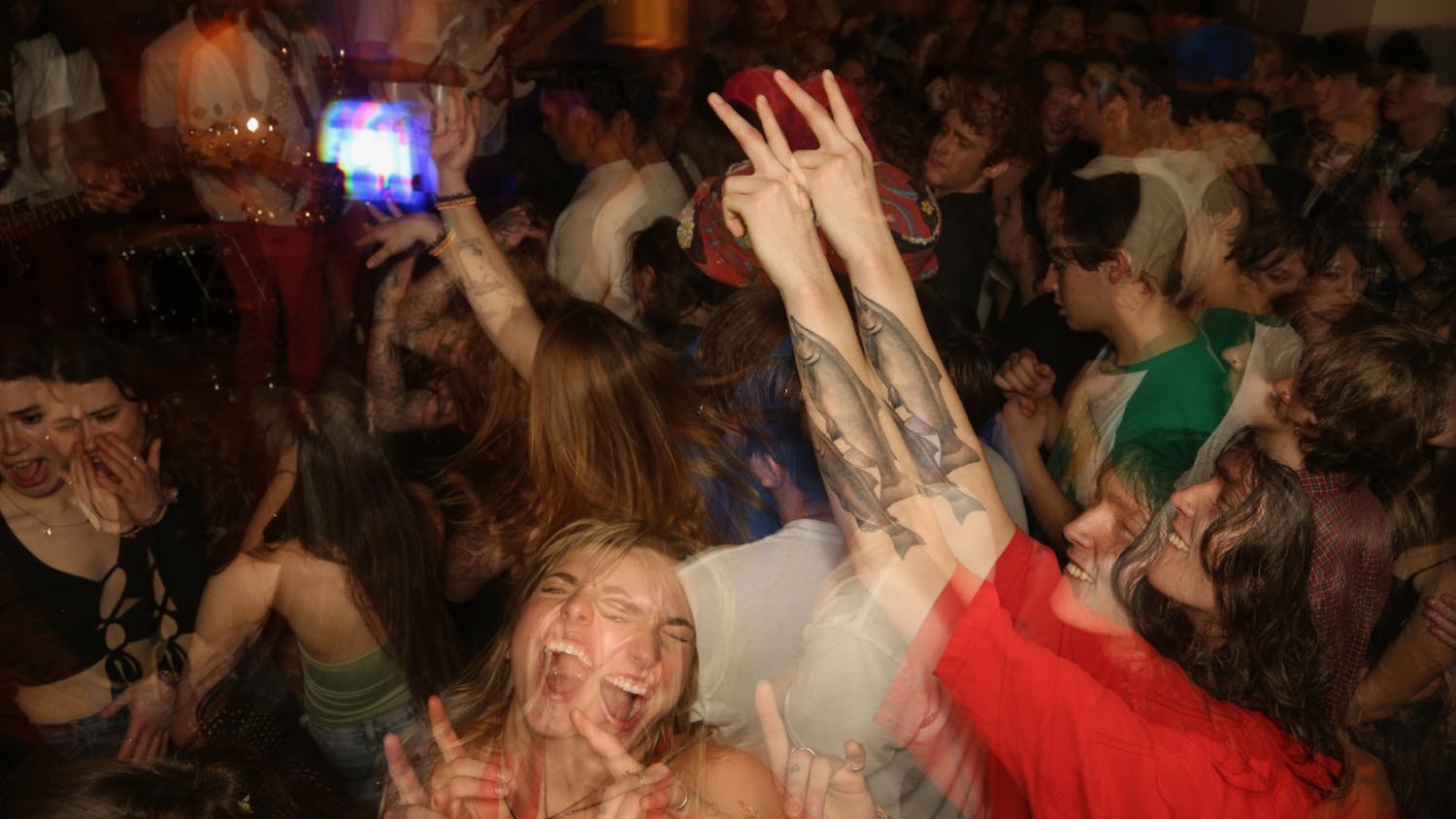It is the start of a new quarter. You have a course load full of GURs that you don’t even remember signing up for. You’re taking Introduction to Poetry, which sounds interesting enough until the cycle of writing two or more poems each week almost makes the task nauseating by the end of the quarter.
For many, writing poetry for a class can take the enjoyment out of it. When students have to meet expectations and deadlines, it can hinder the poetry writing process.
Molly Loomans is a second-year at Western Washington University who regularly writes and performs poetry on campus. She said that the guidelines in poetry classes can stifle creativity and kill motivation.
“I feel like in a lot of writing classes you have a certain structure you have to adhere to, which takes away some of the freedom of poetry,” Loomans said.
But poetry is so much more than the strict assignments you’re staring at on Canvas.
“If you’re just writing for yourself, you can do whatever you want,” Loomans said. “You don’t have to have structure if you don’t want to.”
Instead of journaling her days beat by beat, Loomans processes her emotions in a creative way – with rhyme and meter.
“I feel like with poetry, there’s more self-discovery,” Loomans said. “You explore what you’re feeling and why you feel that way.”
Nancy Pagh, who teaches poetry at Western, said that writing poetry can compel you to take more careful notice of the world around you.
“When you feel really passive, it’s like looking through the wrong end of the binoculars and everything feels so far away,” Pagh said. “Writing is a small gesture that allows you to be present and to find a way to describe what you notice.”
Pagh feels that people may shy away from poetry because they think that poetry is reserved for all-consuming profound thoughts on life, love and death.
“I think that poetry exists to be able to communicate acute or intense experiences,” Pagh said. “Even just intensely experiencing the mundane.”
Pagh suggests starting by keeping track of what you notice throughout the day. Finding links between observations, feelings and experiences is a good way to get a feel for writing poetry.
“I think writing poetry is really about being open to exploring and finding connections between things,” Pagh said. “It can give you the sense that everything is connected, and that you are connected.”
A common misconception about poetry is that it must be created in solitude. Poets like Edgar Allan Poe and Emily Dickinson are notorious for isolating themselves and becoming absorbed into their work. Pagh sees it differently.
“I think a good way to write poems is to find other people who are interested in reading and writing poems,” Pagh said.
Those people can be found at Western’s very own Poet and Lyricist Society.
The overall goal of the club is to create a safe space for writers to share their work, said Ysa Perez, a second-year at Western and the co-leading coordinator for PALS.
“Compared to other genres, poetry can be very personal and emotional, so it’s important that we create a space that’s welcoming and inviting to our members,” Perez said.
Sharing your poetry with others can feel like an impossibly scary roadblock to overcome.
“It’s up to each person what they choose to share,” Perez said. “I think listening to other writers share their poems can really inspire other people to also speak up.”
PALS meets every Tuesday in Bond Hall room 112 from 6:30 to 8:00 p.m. Their open mic nights are at the Underground Coffeehouse every other Thursday from 7 to 9 p.m.
A challenge to start you on your poetry journey comes from Professor Pagh:
Write a poem about fall without mentioning leaves or changing colors.
Aubrey Black (she/they) is a second-year news-ed major at Western. She enjoys making Spotify playlists and perusing used bookstores.
You can contact her at aubreyblack.thefront@gmail.com.






